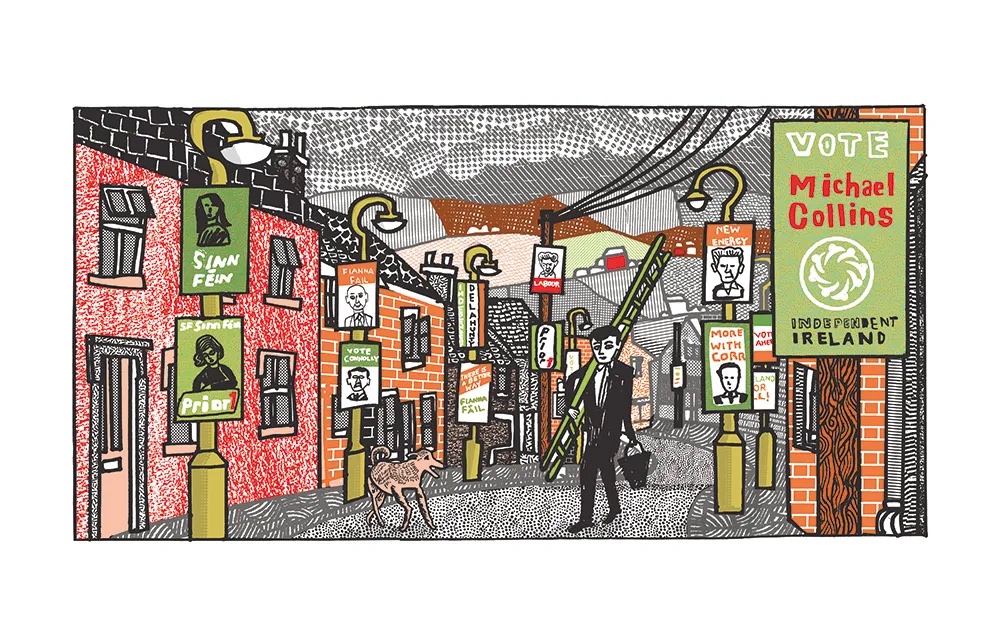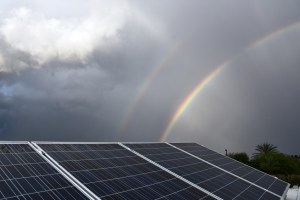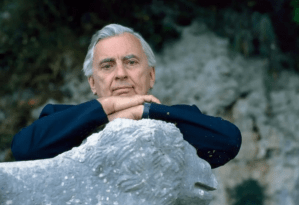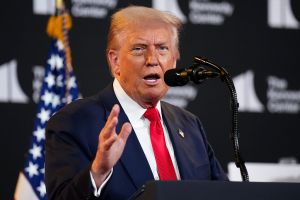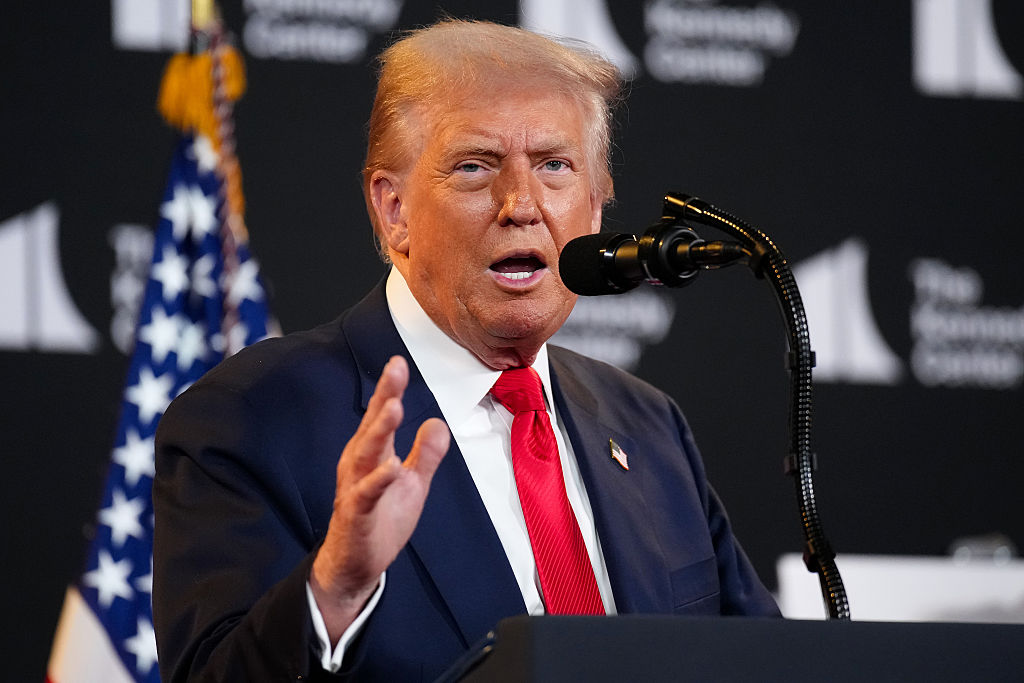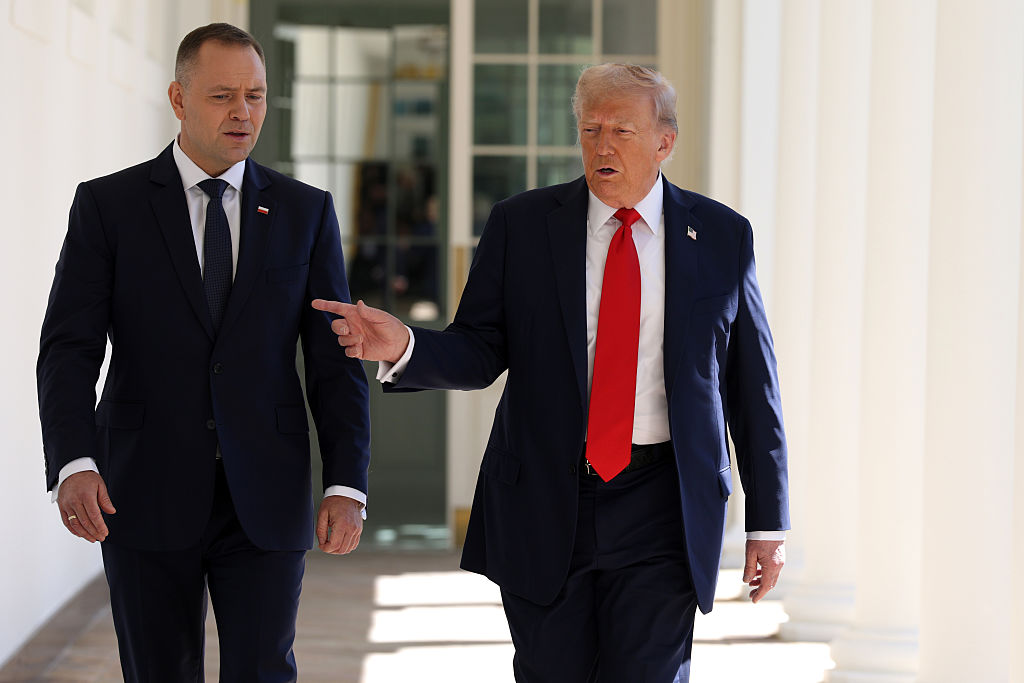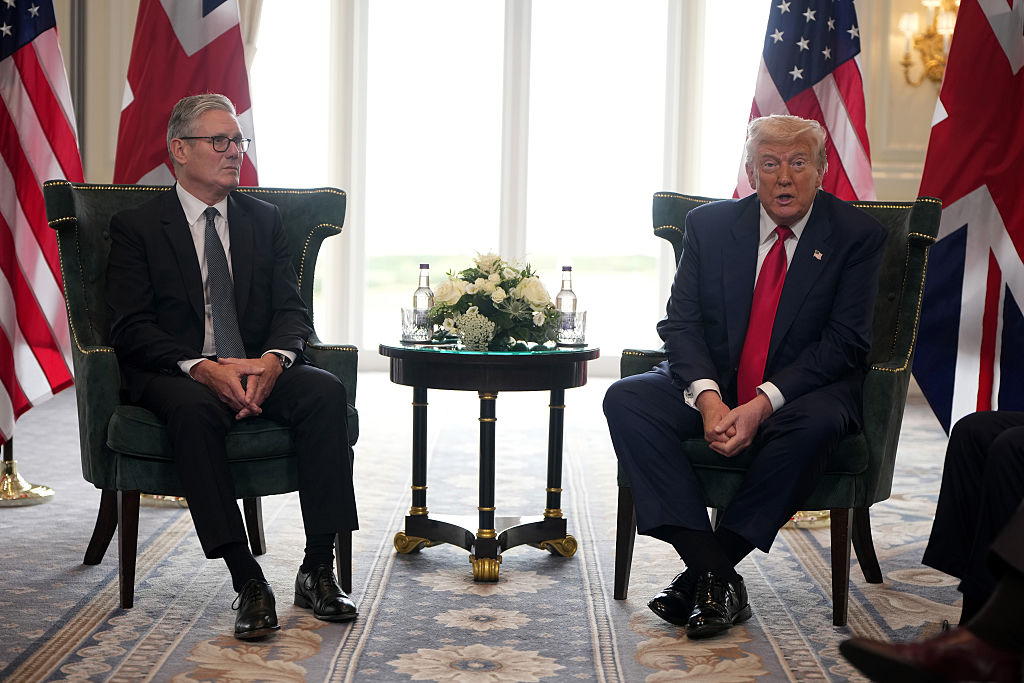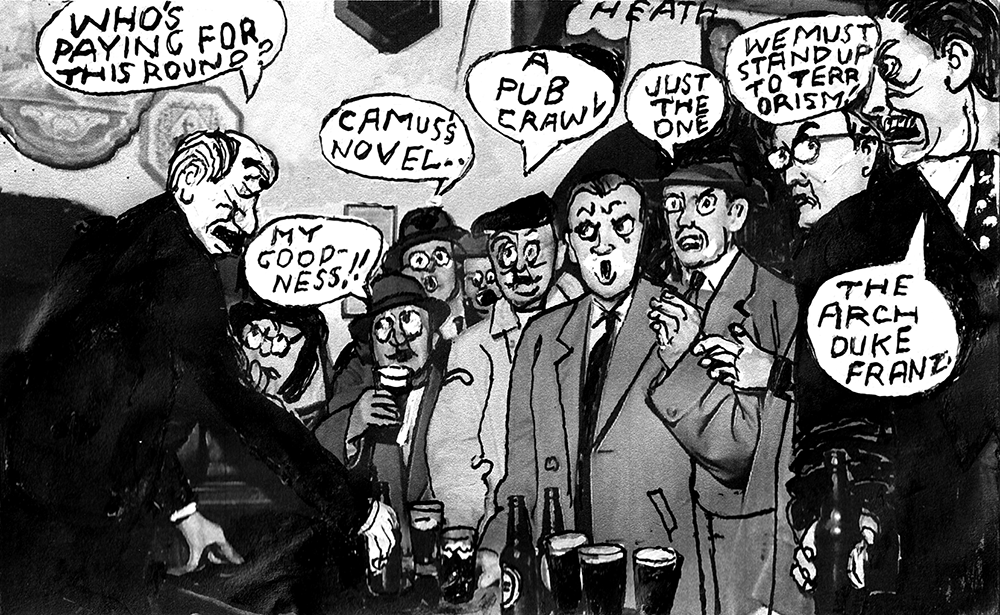When the Taoiseach Simon Harris called a snap election for November 29, Ireland’s electricity board asked political parties not to put election posters on telegraph poles. They might as well have asked them to take the time off on holiday. As I drive through the Irish countryside on my way to County Cork, I notice plenty of posters on poles, but the usual suspects — Fianna Fáil, Fine Gael, Sinn Féin and Labour — are now joined by a new force in Irish politics — a grouping dedicated to a punchier, more populist, anti-immigration and pro-family agenda.
‘Irish politics is different to British politics and American politics, which are very much driven by social media’
The newly established Independent Ireland Party, which already holds three seats in the Dáil and is on course for more, has grown out of a looser grouping of independent Teachtai Dála (TDs) who were united in opposition to the liberal Dublin consensus. Their leader, Michael Collins, bears the name of the Irish revolutionary hero and has an appropriate pugnacity to match.
I arrive in the West Cork town of Skibbereen (pop. 3,000 in low season) as the mist is rising over the River Illen. Skibbereen is where Collins’s constituency office is based. It is also home to the actor Jeremy Irons and the film producer Lord Puttnam. “I often see Lord Puttnam going around fields with his trolley,” one local tells me. “Has he finally lost his marbles?” I ask. “No, Fields is a supermarket,” comes the reply.
A recent Irish Times/Ipsos B&A poll predicted a record number of Independents in the next Dáil. So, good news for Collins. He gave a controversial interview to Hot Press magazine in April in which he said he wanted to ban the burqa, put immigrants in holding cells, legalize prostitution and ban abortion. My request for an interview was ignored so instead I have come to his office where he holds his clinic on a Thursday evening.
Beforehand, I stop by the town’s busiest pub, the Horse and Hound, where an elderly man at the bar asks what brings me to Skibb. I tell him I want to interview Michael Collins to hear whether Ireland is ready for a right-leaning party. I’d also like to know what Collins thinks of the newly enshrined Criminal Justice (Hate Offenses) Act, which prompted the Independent politician senator Sharon Keogan to point out that Ireland now recognizes seventy-two genders. The man at the bar says, deadpan: “I’m dating a woman who identifies as a bin, the trouble is I can’t remember whether to take her out on a Tuesday or a Thursday.”
The barmaid then tells me Collins is popular in his southwest Cork constituency because he does “a lot for the people,” including running the undiplomatically named “Blind Bus” over the border so his constituents can have their cataracts removed.
Collins’s office is across the street. Inside it, two attractive women are sitting on red pleather seats waiting to see him. One is unsure as to whether she has time: “I’ve got my spiritual class,” she explains. In a country in which the national broadcaster RTE still airs the Angelus bells every evening, it is not unthinkable that voters might just vote for a God-fearing nationalist such as Collins in reaction to the influx of immigrants of other faiths.
The other lady tells me she works in Ireland’s health service executive. She also brings up Collins’s “Blind Bus,” and tells me the reason scores of people from Cork are traveling to Belfast for routine cataract removal is because of an embargo on recruitment for hospital staff. “We just don’t have the workers,” she says.
When it’s my turn to see the man himself, I tell him I’ve been commissioned to write a piece on Ireland’s potential right-wards move in politics. Collins says he’s not doing interviews ahead of the election, before launching into an outpouring of his views. He is not a conventional politician; he sounds more like a character from Ulysses or Darby O’Gill himself, but maybe therein lies his appeal.
He has been an independent TD for the Cork South-West constituency since the 2016 general election. In November last year, he co-founded Independent Ireland. His right-wing reputation stems in part from a bill he introduced to the Dáil that would require pain relief for a fetus during later abortions, which ran counter to the pro-abortion political orthodoxy in contemporary Irish politics.
‘I do have issues if large numbers of immigrants are being brought into communities unable to deal with them’
Comparisons between Independent Ireland and Trump/MAGA or Britain’s Reform Party are way off the mark, he says. Instead, what matters in rural Ireland is parish pump politics: “Irish politics is different to British politics and American politics, which are very much driven by social media. And to the best of my knowledge, Irish politics is door to door, meeting people, talking to people, getting the stuff done, explaining to them where they stand. I’m having to do that nationally.”
I ask directly if he’s related to his Irish revolutionary namesake, the Michael Collins who signed the peace treaty with Britain and was shot for his pains. “He’s there on a bike,” he says noncommittally, pointing to the framed picture of Michael Collins which hangs on the wall next to his desk.
Collins is, according to the Irish Independent newspaper’s “political rich list,” a property magnate with a multi-million euro fortune, but he bemoans having to fund his own campaign: “I’m breaking my neck. We have absolutely no resources; everything for the campaign comes out of my own wallet.”
In the run up to this election, Fianna Fáil and Fine Gael have distanced themselves from their previous coalition partners, the Green Party. So does that pave the way for these mainstream parties to form a coalition with Independent Ireland? “We will go into government with a political party, but they might not want to deal with us. In that case, we will be a strong opposition in the Dáil. After this election I hope Independent Ireland can wag the tail of the Irish government. They may implement many of our policies, but if our policies are not adopted, we will become an extremely strong opposition party. But our intention is to work with whatever government comes into play to put common sense into Irish politics — “two words that are missing.’”
Turning to Northern Ireland politics, Collins says Britain’s Labour government may be the party that finally detaches Northern Ireland from Great Britain: “It’s a possibility that we will work towards. It shouldn’t happen in any way other than peaceful negotiations and people working together. That’s the only way we’re going to win.”
The cross-border trips on his “Blind Bus” to Northern Ireland could be a small step in the direction of a united Ireland, I suggest. “People are waiting four to five years for treatment in Ireland. It is an EU border scheme. Northern Ireland isn’t in the EU and yet we came up with the Northern Ireland healthcare scheme so who knows,” says Collins. Unlike other right-wing politicians in Britain, the Independent party is pro-EU: “I definitely think that Europe has been good to Ireland, and we’ve been good to Europe,” he says.
On immigration, Collins is at pains to say that he has helped “foreigners” in his constituency, but he does not want people settling in Ireland who haven’t gone through the correct entry process. “We approve of legal migration to this country. But people are coming into my clinic with cancer and cannot get a medical card [entitling them to free medical care]. That makes people racist and we’re not racist.”
The Irish media is generally unforgiving towards politicians who seek to “slow the flow” of immigration. Collins points out, though, that the Taoiseach has now presented his election manifesto, in which he promises his party will take a more robust stance on immigration and government spending: “The things I was saying two years ago, Simon Harris is saying now and is not being seen as racist. I do have issues if large numbers of immigrants are being brought into communities that are unable to deal with them in the medical system or schools.”
I bring up the Criminal Justice Act and mention the seventy-two genders now recognized by Ireland. What is his standpoint? “I think you can bring in anything in this country if you allow it,” he says, somewhat obliquely. Collins voted no to the bill on October 23, along with fifty-one other TDs, but seventy-eight TDs voted in favor and it was passed.
Against this political backdrop, Collins has found that an independent right-leaning party is giving the electorate new hope: “We are the fastest-growing political movement in the country — we have twenty-four councillors, one MEP and hopefully, after the Dáil election, we will maybe have many more TDs.”
He has been an independent politician for nine years — but what was he doing before that? “Jack of all trades, master of none,” he says with a twinkle in his eye, before ushering me out of his surgery.
I head to the guest house where I was hoping to stay, but a note on the door says: “Away at a funeral.” The Eldon Hotel directly across the road might be a better bet. Walking into the deserted hotel bar, I ask the barmaid if there are any rooms, but she tells me: “Sorry, it’s full of asylum seekers.”
This article was originally published in The Spectator’s UK magazine. Subscribe to the World edition here.



